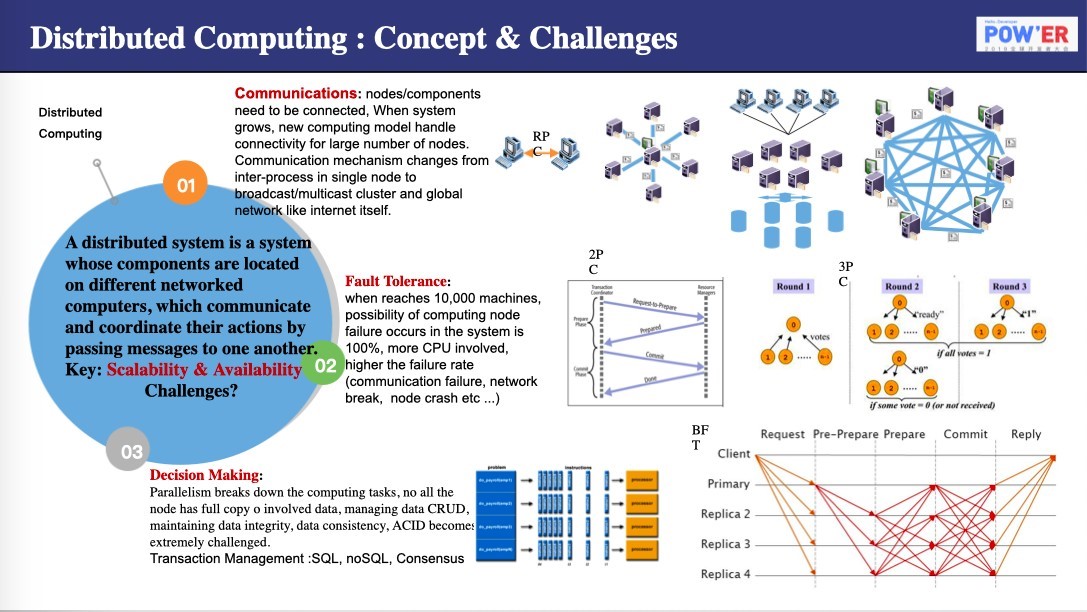2020-1-8 00:17 |
In this era of digitization, advanced storage solutions are required. Centralized solutions, including cloud storage, is not necessarily a viable solution moving forward. Decentralized solutions, such as those provided by RIF, offer many different advantages.
The Issues of Centralized StorageFor decades, centralized data storage has been incredibly popular. It offers significant convenience compared to having to take care of one’s own data at all times. Both individuals and corporations are willing to trust third party service providers with their data. Eventually, this gave rise to cloud storage. Most people seemingly don’t realize how “the cloud” is simply a centralized cluster of data storage.
Trusting such a third party comes with several key trade-offs, however. First of all, centralization is the opposite of what the Internet is designed to be. This technology was never designed to be governed or controlled by centralized entities. Unfortunately, most of the data in the world is siloed in centralized hubs. The impact of data breaches has only been compounded as more data ended up in these centralized silos.
Making matters worse is data censorship. Malicious actors can attack or block web pages from being seen by others. This is often achieved by attacking the server where this data is stored. As censorship becomes more prevalent, the demand for decentralized storage solutions will only continue to accelerate.
Perhaps the biggest problems with centralized storage is the potential of losing data. A content provider can simply disappear overnight or have their entire system corrupted. Centralized systems make it very difficult to replace lost or missing data, as it would break the entire chain of digital breadcrumbs.
How Does Decentralized Storage Work?Projects such as RIF take an entirely different approach to handling data. By building and utilizing decentralized infrastructure protocols to provide decentralized storage solutions, all of the above concerns can be addressed rather easily.
In a decentralized world, there is no risk of losing data, dealing with silos, or having to trust third parties. All of the data is spread out among global network nodes that can all provide access to the information. By removing the central point of failure, the risk of an attack becomes as close to zero as possible.
As data is no longer controlled by centralized entities, censorship also becomes a non-factor. Once data is shared with the network, it will remain there forever. This also means it can be accessed at any given time.
RIF Storage in a NutshellThe core RIF Storage protocol removes the need to even own a server, particularly where dApps are concerned. Creations can be accessed through a custom web address. Newer versions of the dApp can be uploaded to the network and be mapped to the custom web address.
An intriguing example of this technology comes in the form of a collaboration between Swarm and RIF. It depicts how easy it can be to share an image over the blockchain. A file was uploaded to a node, encrypted, and broken into smaller chunks. Those chunks were then distributed to the network.
Further SWIPs to ComeOver the past few months, several concepts of centralized storage have been put forward. This concept can span many different use cases. Processing payments and communication with oracles are just two of the key examples to look into.
It is expected there to be a lot more SWIPS, or Swarm Improvement Proposals, in the years to come. The potential use cases for decentralized storage are limitless.
The post RIF Decentralized Storage: A Censorship Resistant, Permissionless and Decentralized Storage Protocol appeared first on NullTX.
origin »Bitcoin price in Telegram @btc_price_every_hour
Decentralized Machine Learning (DML) на Currencies.ru
|
|








